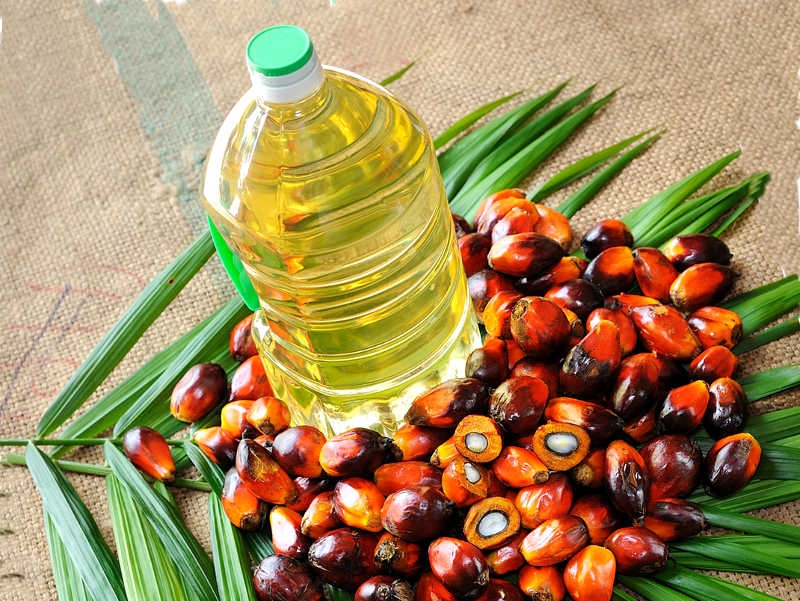Malaysian palm oil producers could capture US market share from Indonesia with better pricing — CGS International

Malaysian palm oil producers could steal the spotlight in the US, grabbing market share from Indonesia with their more competitive pricing, with the imposition of reciprocal tariff from April 9.
The US has slapped Indonesian imports with a reciprocal tariff of 32%, compared with the 24% imposed on Malaysian imports.
“We think this could result in supply chain shifts, with Malaysian palm oil producers potentially gaining market share in the US, due to more competitive pricing relative to their Indonesian counterparts,” CGS International said in its agribusiness sector note.
In 2024, the US imported 1.75 million tonnes of palm oil (2.2% of global palm oil production), of which 88% were from Indonesia.
Indonesia and Malaysia are the world’s largest and second largest palm oil producers, respectively.
CGS International said it prefers plantation companies with more exposure to Malaysia, due to US tariffs, Indonesian government policies that may cause land losses, and a weakening rupiah, which could increase operating costs for Indonesian producers.
Its top sector picks are SD Guthrie Bhd (KL:SDG) and Hap Seng Plantations Bhd (KL:HAPSENG). It also favours Ta Ann Holdings Bhd (KL:TAANN).
The Indonesian government reportedly plans to take control of over one million hectares of private oil palm plantations it considers illegal, to clean up the industry and boost state revenue. The Forest Area Recognition Task Force, led by President Prabowo Subianto, has identified around 1.2 million hectares of such land, mostly in Central Kalimantan, to be transferred to a new state-owned company, Agrinas Palma Nusantara. The move potentially makes it the largest palm oil company by land area.
Indonesia currently has close to 16 million hectares of land dedicated to oil palm plantations, with around 1.2 million hectares considered illegal, according to the Indonesian government.
Notably, private companies hold 55% of the country’s oil palm plantation area.
Many plantation firms are appealing the move, as losing these lands would severely impact their production.
On the other hand, CGS International said the Indonesian rupiah has depreciated by about 4% against the Malaysian ringgit, year-to-date.
“We think Indonesia’s weakening currency would raise operational costs, as fertilisers and some fertiliser components are priced in US dollars.
On top of that, companies with a higher exposure to Indonesia may also have to book larger currency translation losses, due to the weak rupiah,” it said in the note.
For almost 30 years of expertise in the agri markets, UkrAgroConsult has accumulated an extensive database, which became the basis of the platform AgriSupp.
It is a multi-functional online platform with market intelligence for grains and oilseeds that enables to get access to daily operational information on the Black Sea & Danube markets, analytical reports, historical data.
You are welcome to get a 7-day free demo access!!!
Read also
Abbey Commodities – General Partner of BLACK SEA GRAIN.KYIV-2026
Black Sea & Danube Barley Market at a Turning Point: Demand Pressure and Regi...
Rapeseed market focuses on new crop
China has not yet allowed the import of peas from Ukraine, but has increased suppl...
Canadian grain and oilseed exports to the EU could be suspended due to pesticide r...
Write to us
Our manager will contact you soon



